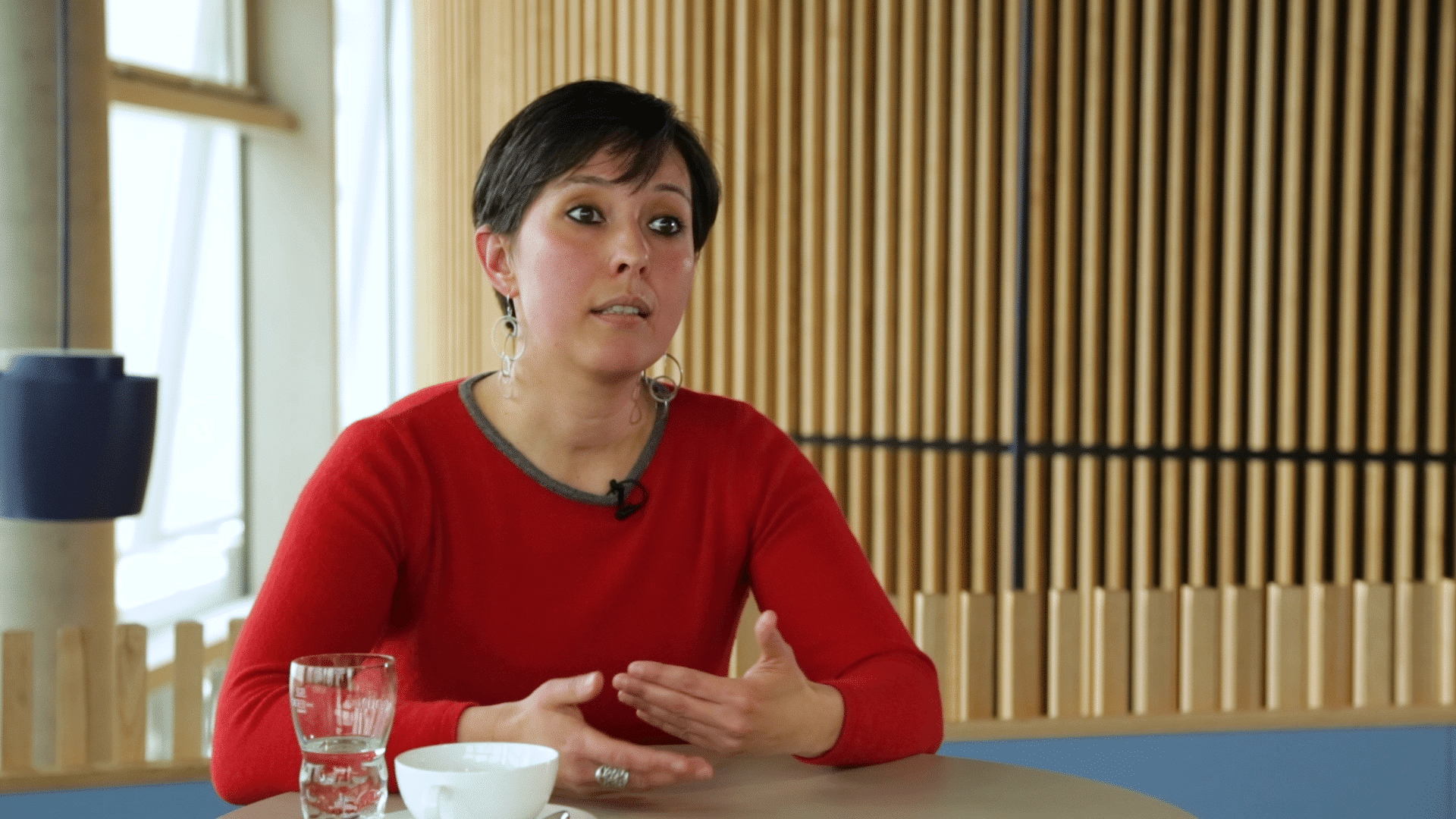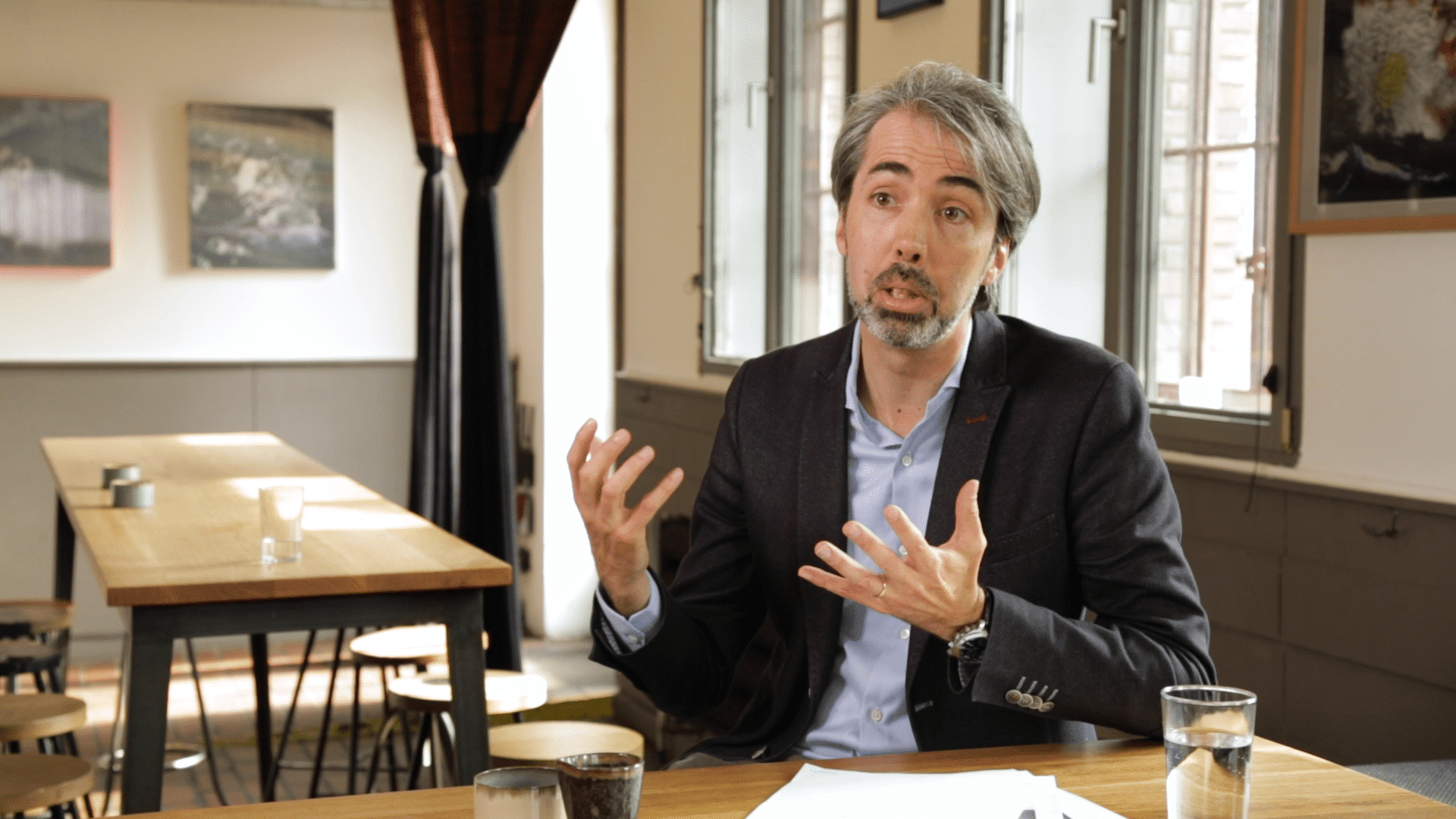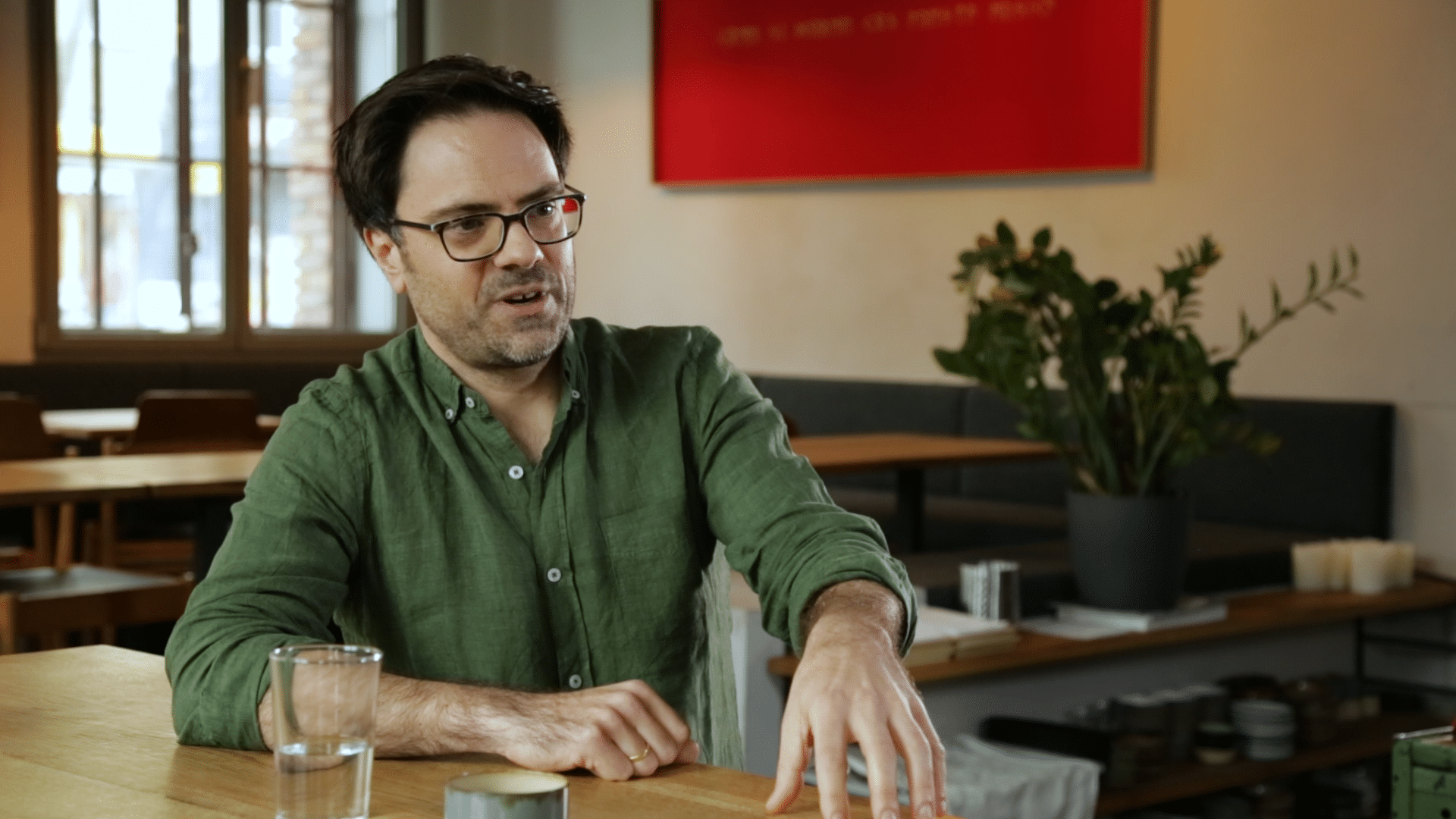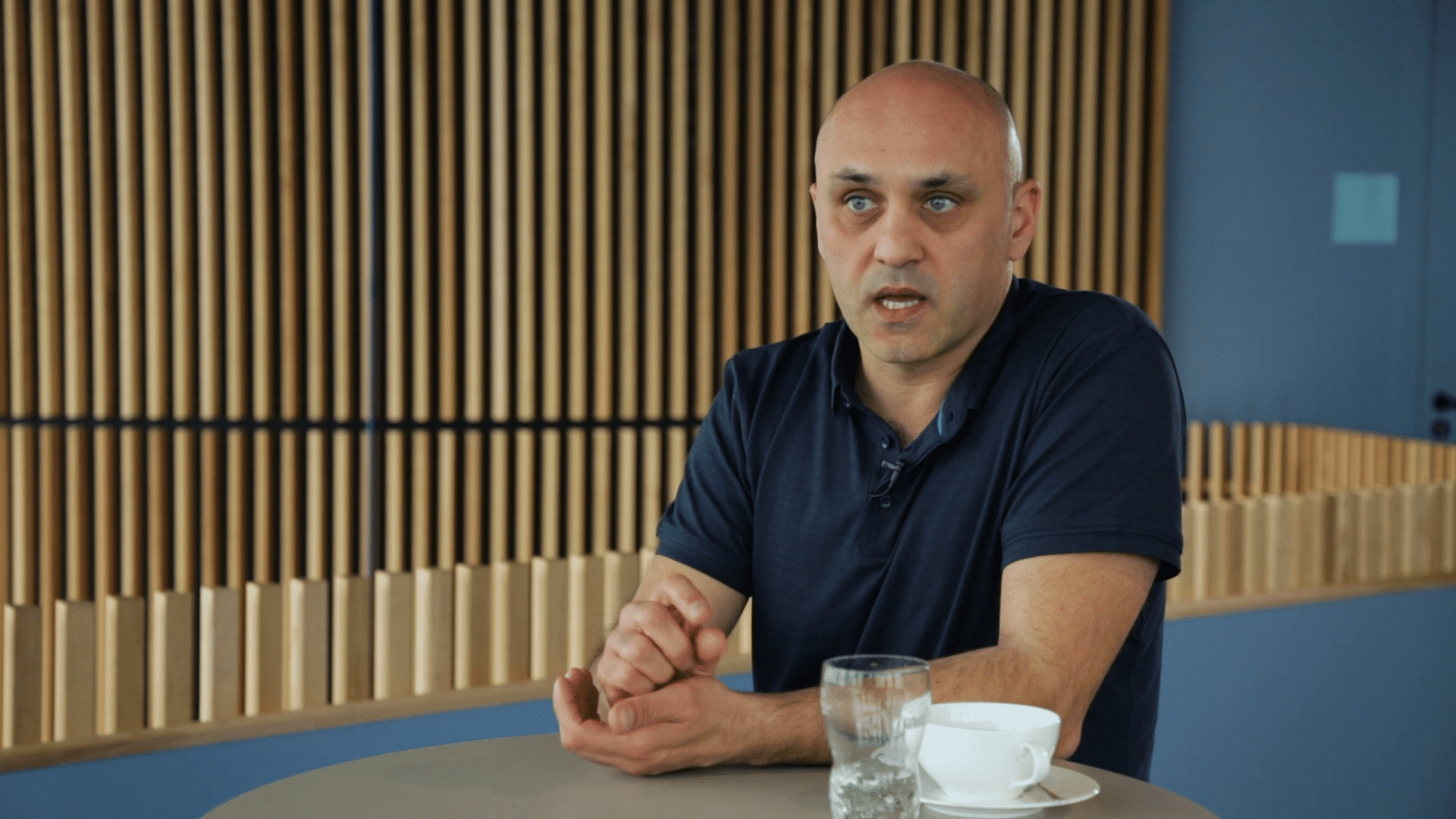Meet your experts for this “Rethink populism” series!
Meet your series experts: Dr. Oliviero Angeli from Forum MIDEM, Dr. Sinem Adar and Dr. Ertuğ Tombuş from Humboldt University, and Dr. Israel Butler from Civil Liberties Union for Europe.
How can we better understand populism, a phenomenon we hear about so much these days?Welcome to “RETHINK POPULISM,” a Migration Matters series comprised of 13 bite-sized videos that will equip you with nuanced perspectives on the controversial topic of populism and its links to democracy, diversity, and human rights in Europe and Turkey.

Dr. Sinem Adar is a research associate at the Centre for Applied Turkey Studies at the German Institute for International and Security Affairs (Stiftung Wissenschaft und Politik). An experienced fellow, Dr. Adar has a demonstrated history of working on citizenship, ethnic and religious politics in Turkey and the Middle East, and has a growing expertise in migration. She is skilled in policy analysis, qualitative research, research design, and lecturing. Dr. Adar holds a Doctor of Philosophy (PhD) in Sociology from Brown University and a Master of Science in Development Studies from the London School of Economics and Political Science.

Dr. Oliviero Angeli is a political scientist and philosopher at the Technical University of Dresden. Before joining TU Dresden, he taught and conducted research at various institutions, including Scuola Normale Superiore (Pisa), Oxford University, and Université Catholique de Louvain in Belgium. He holds a binational doctorate (cotutelle) from the University of Saarland and the University of Tours. Since 2017, he has served as the scientific coordinator of the research center ‘Mercator Forum Migration and Democracy’ (MIDEM). Dr. Angeli conducts research in various areas of political science and philosophy, with a particular focus on democratic theories and migration studies.

Dr. Israel Butler works at the Civil Liberties Union for Europe, a pan-EU human rights watchdog dedicated to ensuring the EU promotes and protects democratic pluralism, the rule of law, and fundamental rights in its Member States. As Head of Advocacy, Israel frequently produces research analyzing challenges to the protection of civil liberties in the EU and proposes solutions that the EU could adopt through law and policy. He also assists activists and civil servants in promoting progressive causes to inform, persuade, and mobilize their target audiences. Dr. Butler began his career as a lecturer in EU law and international human rights law at the University of Lancaster and holds a PhD in law from the University of Nottingham.

Dr. Ertuğ Tombuş is the deputy director of the Center for Comparative Research on Democracy and a research associate at the Institute for Social Sciences at Humboldt University in Berlin. From 2017 to 2020, he served as the academic coordinator of the Blickwechsel: Contemporary Turkey Studies Program at Humboldt University. He has been the managing editor of Constellations: An International Journal of Critical and Democratic Theory since 2009. His main teaching and research areas include democratic theories, politics and law, constitutional theory, comparative constitutionalism, populism, secularism, legal sociology, political sociology, contemporary social theory, and Turkish politics.
These videos were produced by Migration Matters e.V. and are part of an interactive open online course that invites refugees and non-refugee students from all over Europe and the Southern Mediterranean to learn together in an interactive, online classroom as part of the Erasmus+ Virtual Exchange project.
These videos were produced under a contract with the Education, Audiovisual and Culture Executive Agency, financed by the European Union’s budget. The opinions expressed are those of the contractor and do not represent the contracting authority’s official position.
© 2019 European Union and EACEA. All rights reserved.
You are free to embed these videos.